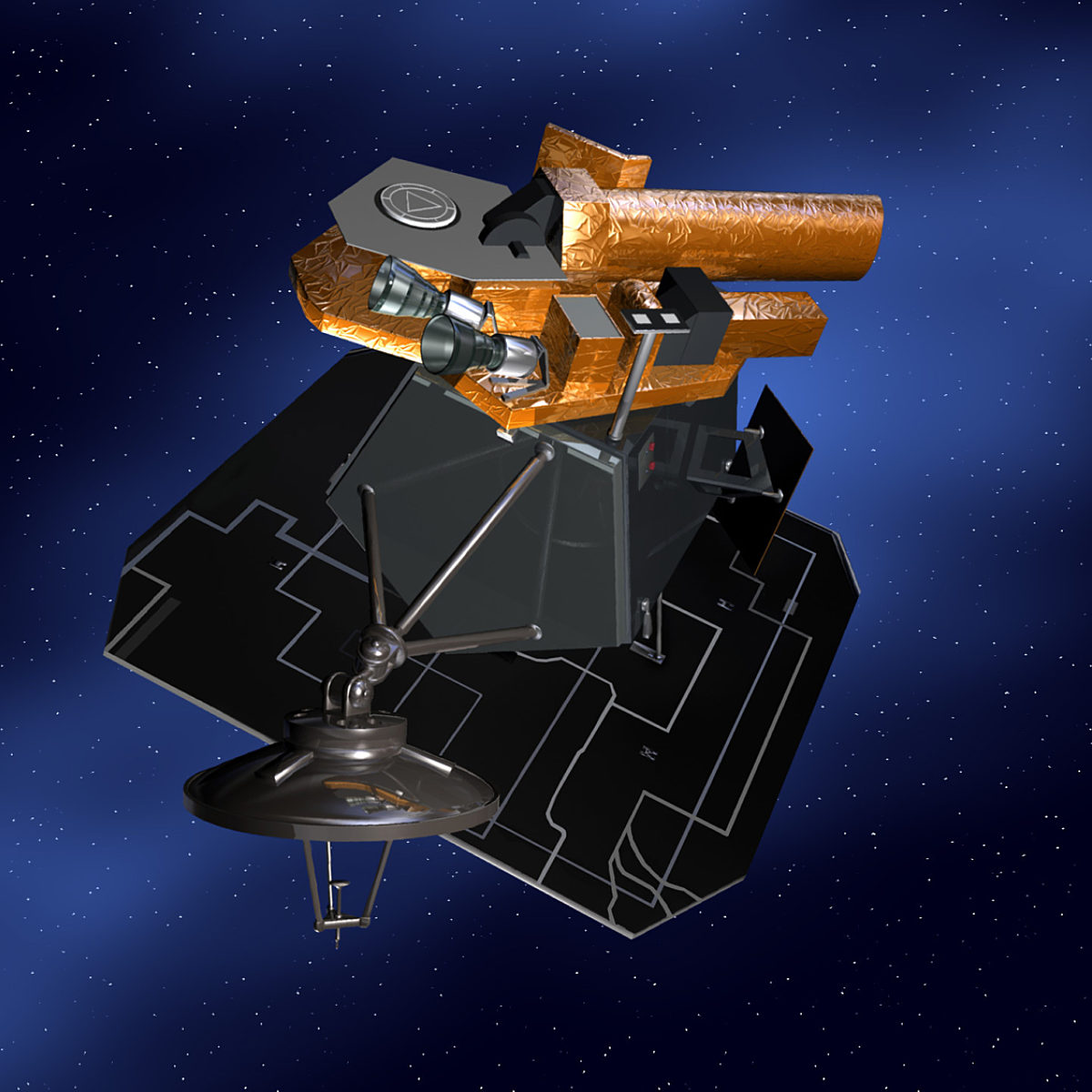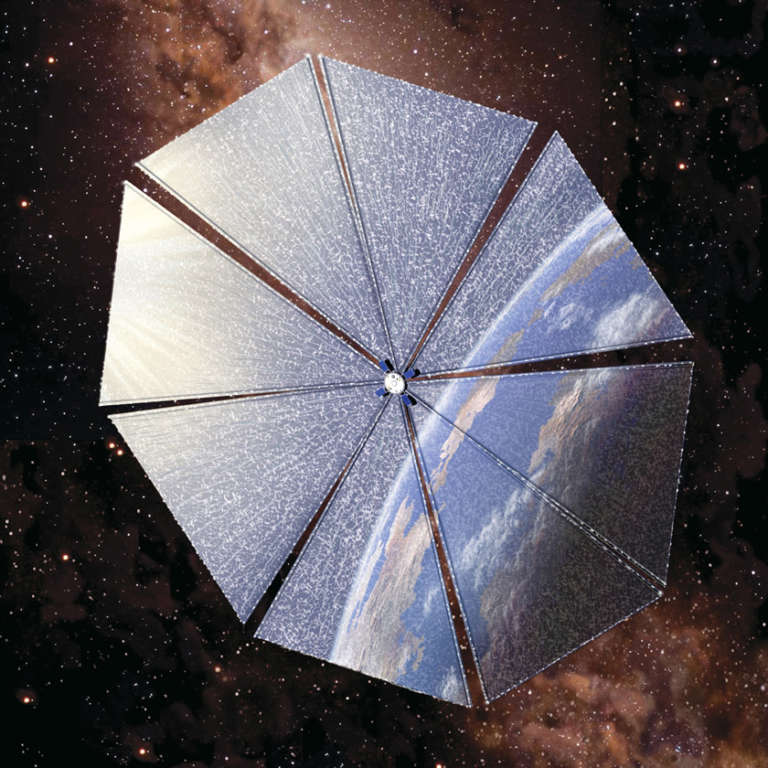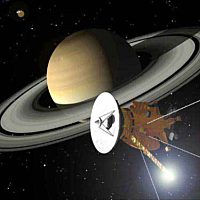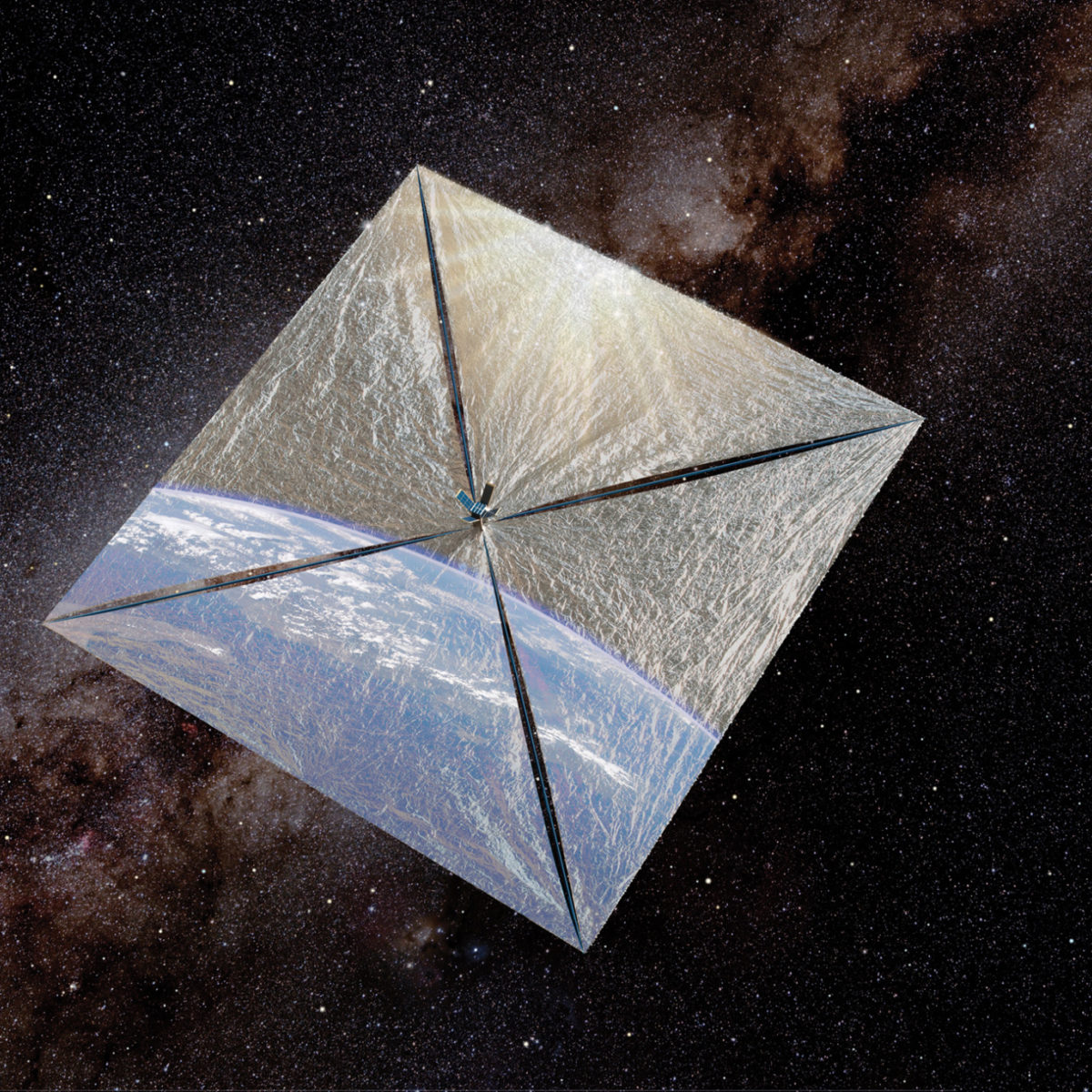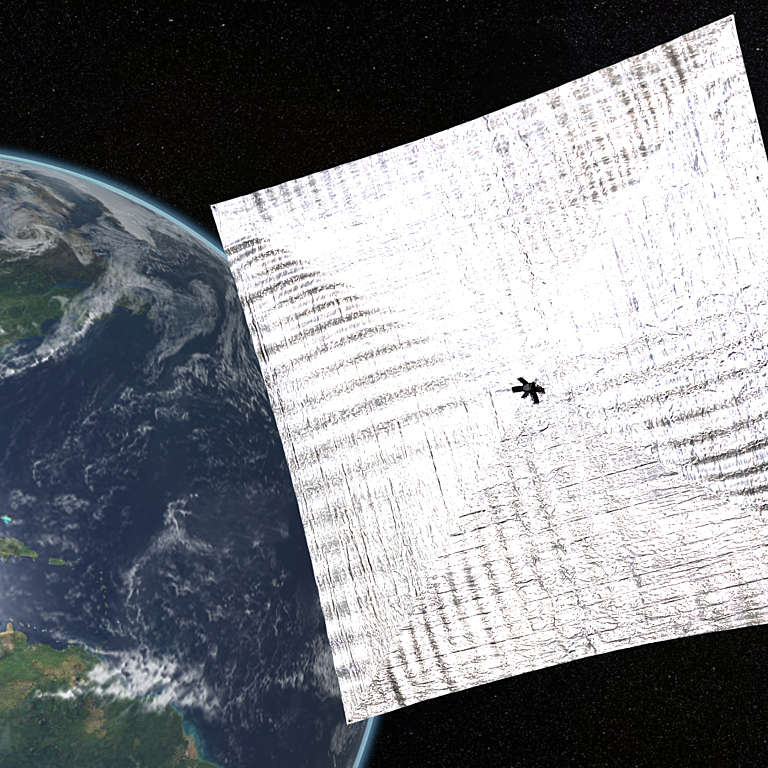All
All
Stories, updates, insights, and original analysis from The Planetary Society.
Notes from the morning-after press conference
Here in Von Karman auditorium at JPL, as they get ready for the press conference, they are playing
The Deep Impactor is safely on its way!
I woke this morning to find a press release in my Inbox that said:
Quotes from Deep Impact "Pre-Impact Update" press conference at JPL
The panel consists of: Andy Danztler, Solar System Division Director at NASA HQ; Rick Grammier, Deep Impact Project Manager, JPL; Jennifer Rocca, Deep Impact Systems Engineer, JPL; and Mike A'Hearn, Principal Investigator, University of Maryland.
Deep Impact encounter minus 3 days
OK, I'm in...I arrived at an unusually empty Jet Propulsion Laboratory this morning in advance of the first Deep Impact encounter press conference.
The Mystery of Cosmos 1
I know I've probably disappointed a few people by not having had anything much to say about Cosmos 1 for a while. It's because, well, we haven't had anything much to say.
Cassini-Huygens anniversary
In the midst of all this hoopla about Deep Impact, I haven't been able to give the proper attention to Cassini, which began its second year of operations at Saturn today.
Deep Impact On Course for Comet Crash; Mission Is Already Producing Science Returns
NASA's Deep Impact spacecraft is set for its date with Comet Tempel 1.
Changes to the Deep Impact encounter timeline
A reader has pointed out that JPL has changed their online press kit for Deep Impact, which was my primary source material for the encounter timeline.
Mars Exploration Rovers Update: Spirit Rocks Independence as Opportunity Celebrates With Road Trip
The Mars Exploration Rovers are still going strong, and both robot field geologists will be working through the July 4th holiday.
Heads up: the Deep Impact encounter is coming up!
Less than a week remains before the Deep Impact mission is set to meet its fate at Tempel 1. A mission like this has been a dream for planetary scientists for a long time.
The Launch of Cosmos 1: Live Reports
In the past twenty-four hours, the Russian space agency (RKA) has made a tentative conclusion that the Volna rocket carrying Cosmos 1 failed during the firing of the first stage. This would mean that Cosmos 1 is lost.
"We have a live spacecraft..."
...we think.
Cosmos 1: Another rehearsal...
Rehearsals don't always go so well, which is the whole point of rehearsals. That was true both for us and for the Russians today, in separate simulations of mission operations.
The buzz begins!
Yesterday, we sent out an invitation to print, TV, and Web media for the launch event we'll be holding at our Pasadena headquarters on Tuesday. So today, the buzz really began about our mission, and the phones are beginning to ring off the hook.
Cosmos 1 "Mated" to Volna Rocket in Preparation for Tuesday Launch
The world’s first solar sail spacecraft, Cosmos 1, is now mated to its Volna launch vehicle and ready for its ride into space.
"Our works with the spacecraft are finished successfully."
Here at Cosmos 1 Project Operations Pasadena -- or POP -- we are scrambling to get our mission operations plans and procedures ready for our launch, just 11 days from now.
Mars Exploration Rovers Update: Opportunity Roves Out of Sand Dune as Spirit Uncovers Clues of Past Explosions
Nearly a year and a half after landing on the Red Planet, the Mars Exploration Rovers are continuing to collect important science and impress the team with their resiliency.
MESSENGER Snaps Earth-Moon Image in Approach to First Flyby
As MESSENGER began its approach for its August 2 flyby of Earth, its cameras have snapped their first images. The images clearly show a cloudy Earth—and, to scientists' surprise, the Moon as well.
Mars Exploration Rovers Update: Spirit Investigates New Outcrop Methuselah as Opportunity Roves into a Ripple and Gets Stuck
The Mars Exploration Rovers have both encountered some truly challenging obstacles in recent days, but have also presented the team with some surprises, and continue to be in overall good health some 16 months after bouncing to a landing, and more than a year after completing their primary missions.


 Explore Worlds
Explore Worlds Find Life
Find Life Defend Earth
Defend Earth


 Sun
Sun Mercury
Mercury Venus
Venus Earth
Earth Mars
Mars Jupiter
Jupiter Saturn
Saturn Uranus
Uranus Neptune
Neptune Small Bodies
Small Bodies